Dreaming of a backyard deck? Think again! While decks might seem like a stylish choice, they come with some serious drawbacks. Here’s why you might want to skip the deck and explore other outdoor options.
1. High Maintenance Requirements
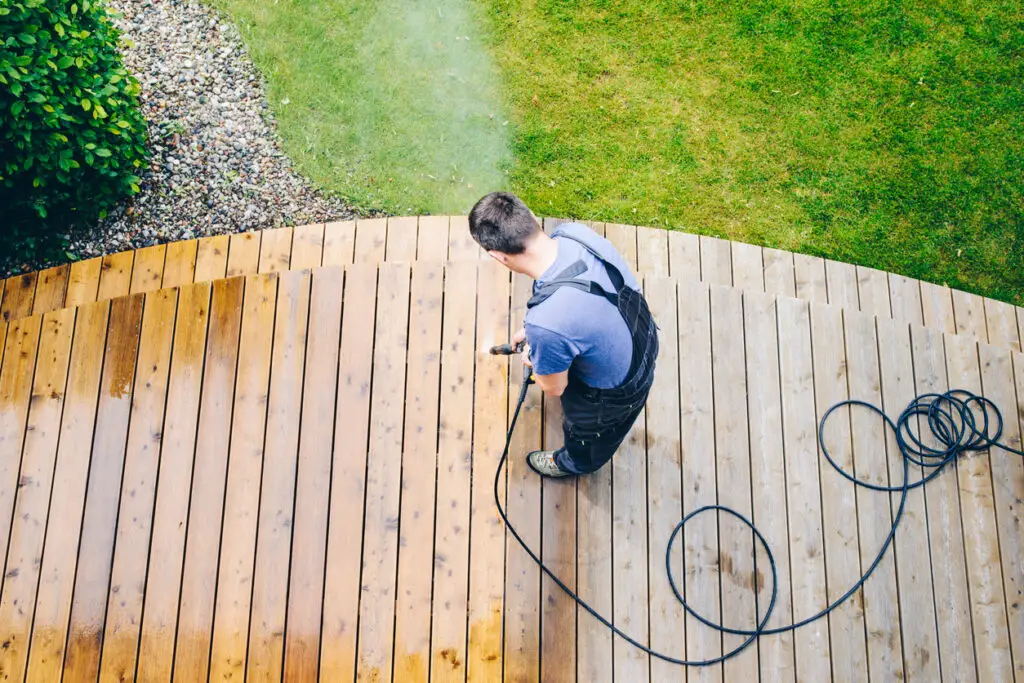
Decks need regular upkeep, from power washing to staining and sealing. Without consistent maintenance, wood decks can deteriorate quickly, costing you time and money.
2. Prone to Weather Damage

Rain, snow, and intense sunlight take a toll on deck materials. Over time, weather exposure can lead to cracking, warping, and fading, making your deck look worn and requiring repairs.
3. Vulnerable to Pests

Wooden decks are a feast for termites, ants, and other insects. Once they invade, they can cause serious damage that’s expensive to repair, sometimes even requiring a full replacement.
4. Slippery When Wet
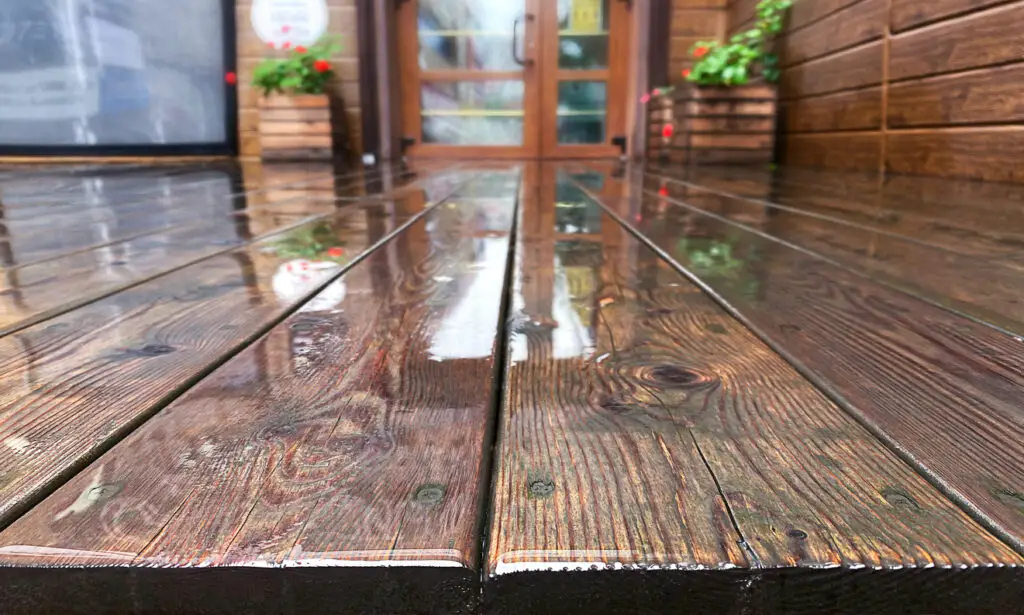
Wood and some composite materials become very slippery when wet, which poses a safety hazard. A slick deck can be dangerous for kids, pets, and even adults, especially after rain.
5. Can Be Costly to Install

Building a deck isn’t cheap. Between materials, labor, and permits, the costs can quickly add up. There are often more affordable outdoor options that give you the same usability without the hefty price tag.
6. Limited Lifespan
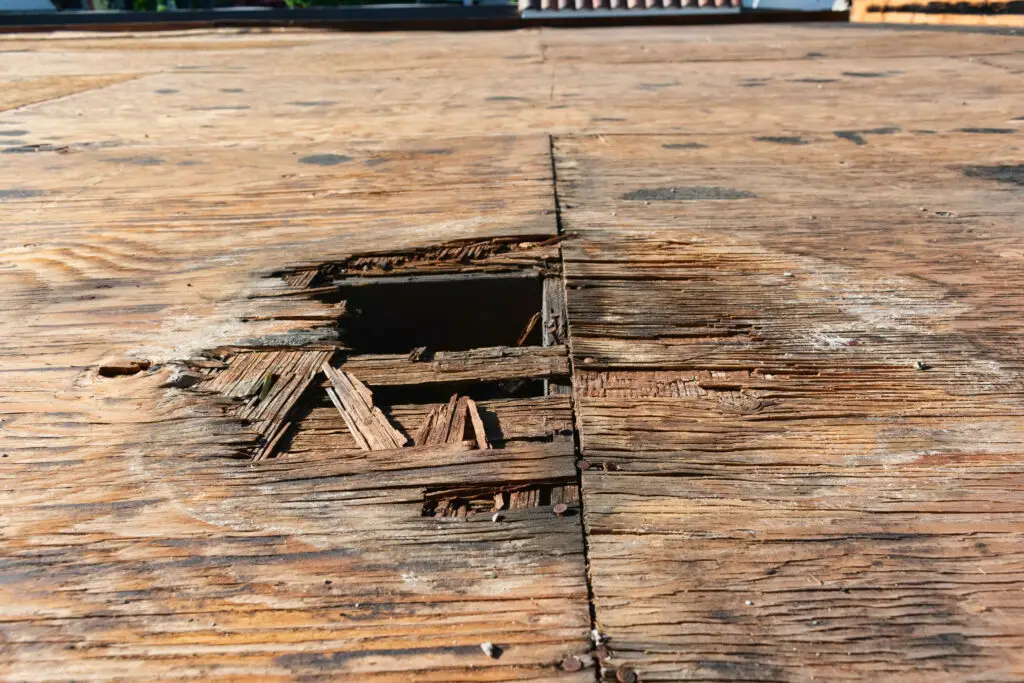
Even with the best care, decks don’t last forever. Wood decks usually need major repairs or replacement every 10 to 15 years, adding another big cost down the line.
7. Requires Regular Cleaning

A deck gathers dirt, leaves, pollen, and debris faster than you might think. Cleaning is necessary to prevent buildup and staining, meaning more time spent on upkeep.
8. Hot Surface in Summer

Deck materials can get incredibly hot under the summer sun, making them uncomfortable for bare feet and pets. This means you’ll likely spend less time enjoying your deck on hot days.
9. Can Attract Mold and Mildew

Decks are often exposed to moisture, which can lead to mold and mildew growth, especially in shady or humid climates. Not only is mold unsightly, but it’s also a health hazard.
10. Potential for Structural Issues
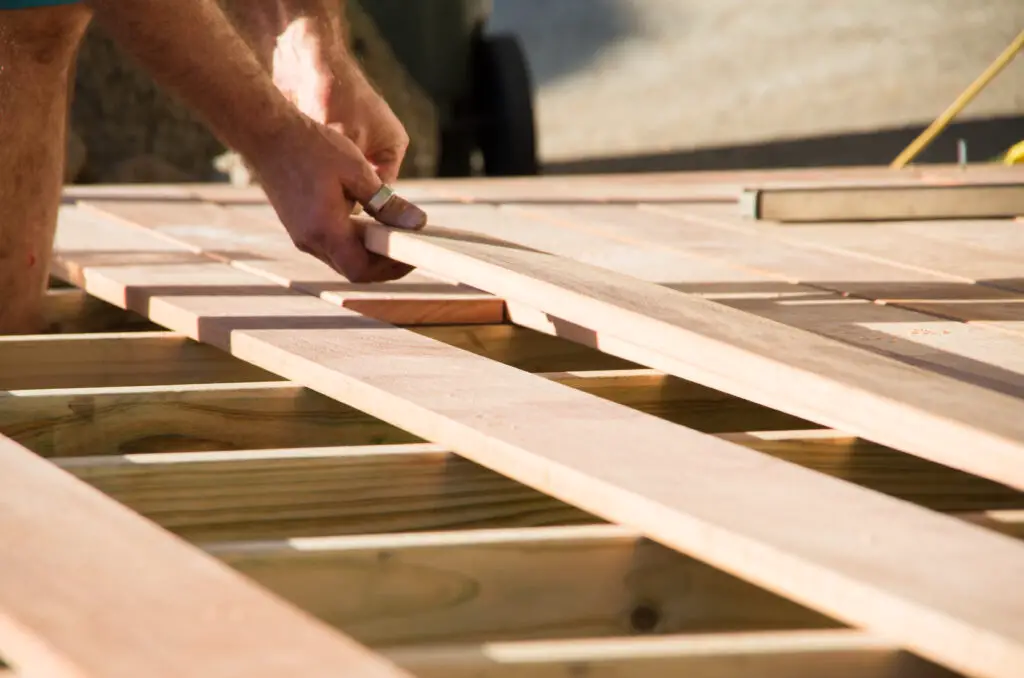
If not built perfectly, decks can suffer from structural issues over time. Settling soil, shifting foundations, or improper construction can lead to sagging or wobbly boards, requiring repairs.
11. Limited Versatility
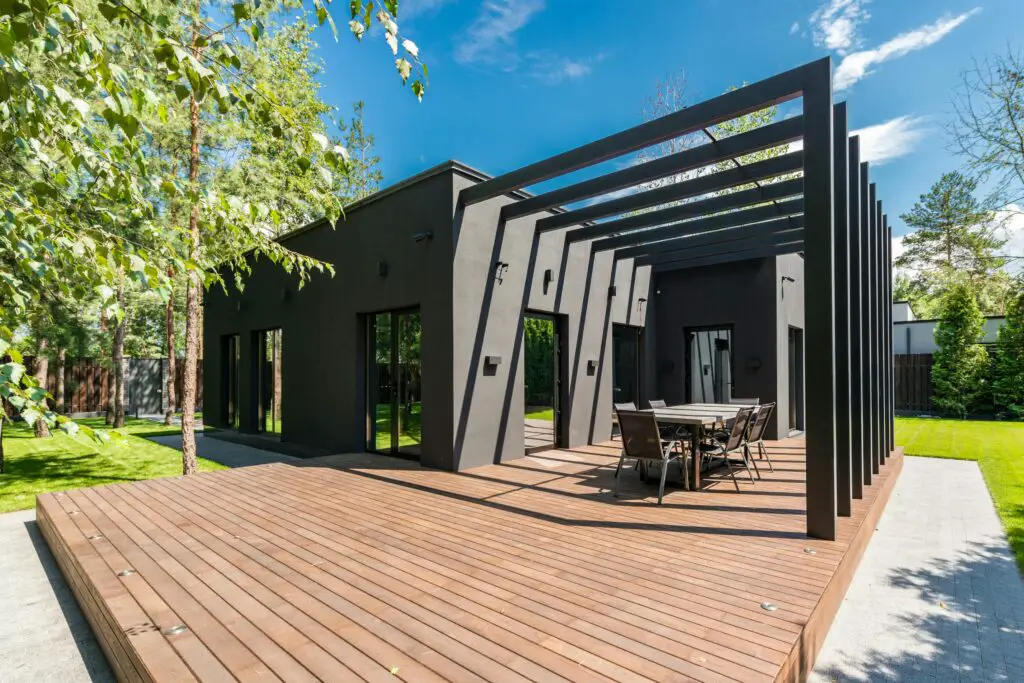
While decks are nice for lounging, they’re not as versatile as a patio or open yard space. For example, they’re not ideal for outdoor sports, gardening, or certain furniture setups.
12. Environmental Concerns
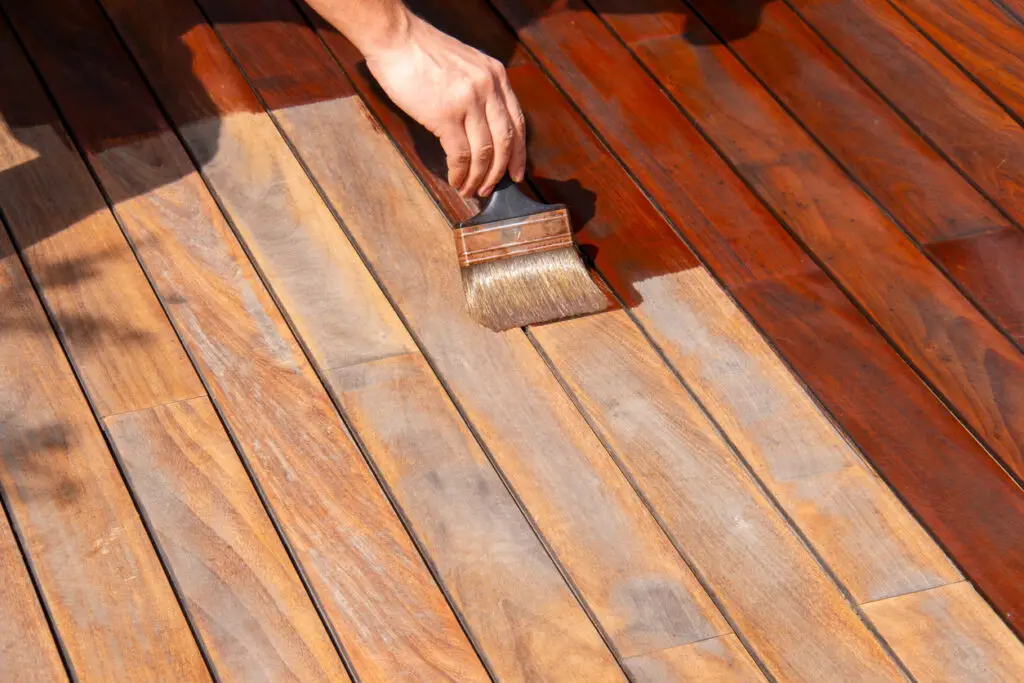
Many decks are made from treated wood, which can contain chemicals that aren’t environmentally friendly. The production of composite materials can also have a significant environmental impact.
13. Alternatives Are Often More Practical

Patios, pergolas, and garden spaces can provide the same outdoor enjoyment with fewer hassles. Consider alternatives that might better suit your climate, lifestyle, and budget.
While decks have their appeal, it’s important to weigh these drawbacks before committing. Often, a lower-maintenance, cost-effective alternative will better serve your outdoor needs!
